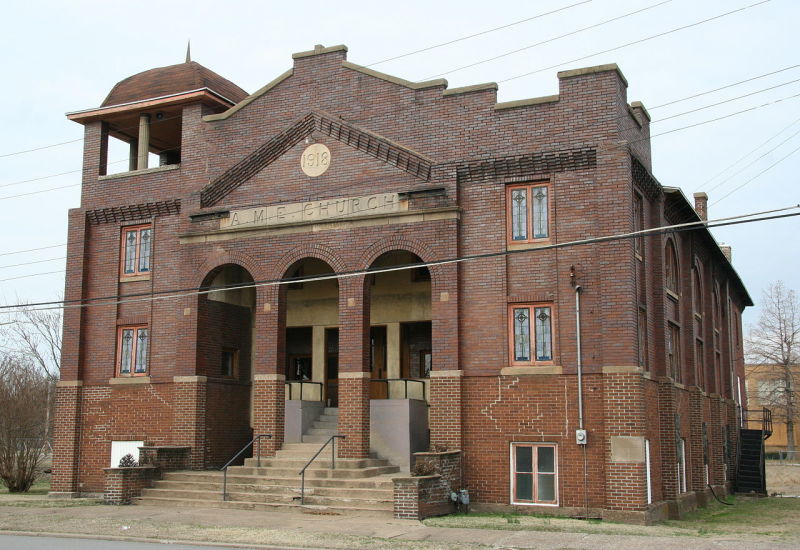
In the wake of the fatal shooting at Mother Emanuel AME Church at Charleston that claimed nine lives weeks ago, questions are being raised if the Church needs to start taking the security issue seriously.
After the tragic incidence, the AME leaders circulated a document entitled, "12 Considerations for Congregational Security," which suggests relying on God in prayer as the prime weapon of protection. However, the document also recommends laying out a security plan and framework for the church after assessing the level of threats present, which could include hiring security personnel or volunteering staff from inside the church as greeters or safety officers. The catalogue goes on to prescribe emergency medical teams and intra-church communications via radios and emergency response kits.
The twelve-point considerations also include training staff in de-escalation techniques such as gently confronting hostile individuals in non-threatening way, developing relationship with local law enforcements, performing background checks for key staff, securing entry and exit checkpoints with metal detectors, and conducting mock drills.
Following the rampage at Charleston in June, the Muscogee County Sheriff's Office in Georgia held a training session at Abundant Life Church to help the church implement safety procedures.
Abundant Life Church now employs more people on parking lot security duty, and make sure that each person is accompanied into the church and each person is escorted out of Church after the Church service, even as more security personnel monitor the property, News 3 reported.
A security officer, Joseph Celestine said, "Safety is first and the people are also first. Therefore, by them being safe as far as us having the proper people here for security, I want them to feel safe so they can come here and be safe. Also, hear the word of God and get what they're coming here for."
This week leaders of various churches also met with public safety officials in Montgomery County, PA, to discuss safety issues.
Reverend Marshall Mitchell of the Salem Baptist Church in Jenkintown said, "We're here because the threats society faces are real so we want to be prepared."
Traditionally, the church has always had an open-door policy and not all church leaders endorse strict safety procedures, and voice different opinions on the subject, varying in the degree to which security is an essential part of modern-day church life.
According to Pastor Dr. William Barber II, of Greenleaf Christian Church in Goldsboro, North Carolina, closing the doors of church will be against the mission of the Church, as "that is not the way the black church has responded historically," he told USA Today.
However, now more people find themselves being cautious of their surroundings, but do not want to compromise the spirit of open hearts in the church congregations.
"We're still deliberate in carrying out The Great Commission, but I think there's a keen awareness, and we're more vigilant of our surroundings," Rev. Dr. J. Anthony Josey, an ordained itinerant elder at Washington's Allen Chapel AME, told USA Today, referring to Jesus' instruction to his disciples in the Gospel of Matthew to spread his teachings. "Now I think along with the welcome comes an era of vigilance. That sixth sense kicks in now, whereas before maybe we had become a little bit more complacent."
However, there has to be a "distinction between the church and an armed garrison," Bishop Gregory Ingram of AME Church, Philadelphia told USA Today. "If every church had barbed wires and guards around it, it ceases from being a church. It becomes almost like a microcosm of all of things wrong in society, not a place with open arms."



















